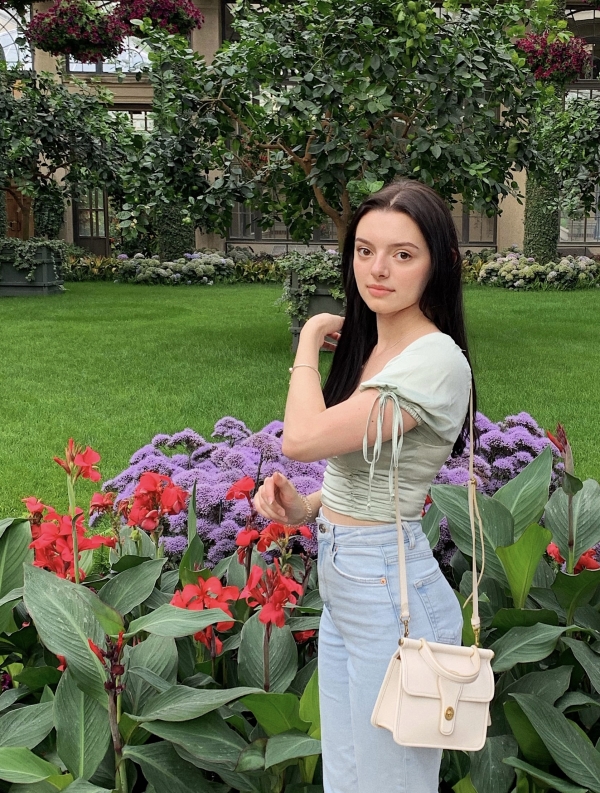Journalism and Asian Studies

Journalism and Asian Studies
Coming home late at night from Ewha University subway station, I walked peacefully down the empty streets towards the international dormitory. With only a few people on the street, the atmosphere was already so much calmer than my home university in Philadelphia, USA.
As I approached the intersection, a loud bang from a nearby construction site tore through the blissful silence. As if I lost control over my own body, I covered my head and sprinted towards the convenience store for cover. But what was I running from?
That bang is all too familiar for American students adjusting to campus life in a country like South Korea— a country, unlike our home nation, where guns are illegal. As I instinctively dashed away from the source of the noise, the few Korean students occupying the street with me starred in shock at my reaction. I realized in this moment that the trauma from gun violence in America is still with me even in a place without that impending threat.
Philadelphia has some of the highest gun violence statistics in the United States. On January 2 of this year, we celebrated the only day free of gun violence. Since then, someone has been shot everyday, with about 1,500 people being shot in Philadelphia just this year.
As a on-campus student at Temple University, I would receive alerts every day about a nearby shooting. And sometimes, I would even hear the gun shots right outside my window. It’s easy to become jaded. But even after a few months of living in Korea, any sound reminiscent of a gun firing makes my heart race and my anxiety spike.
I asked several fellow American exchange students at Ewha if they felt the same— the answer was a resounding “yes,” even amongst students who lived in different parts of the United States. Suddenly, what I thought could be a symptom of my own anxiousness from living in Philadelphia revealed a larger issue. While we may not realize the full scope of our experience with gun violence after living our whole lives in America, finally stepping into a new environment has uncovered a trauma so deep that even living in a safer country has not dulled our fright at an unexpected, loud noise.
Since elementary school, American children are made to practice school shooting drills. We obediently turn off the lights, crawl under our desks or into closets, and hold our breath as to not make a sound that could be detected by a shooter. We’ve been conditioned to think that this is normal, and a necessary evil to keep our country “free.” The burden of our safety has been placed on us and our lawmakers have washed their hands of the responsibility. Instead of action, every shooting in America is met with “thoughts and prayers.”
But is the right to own a gun greater than our right to childhood innocence? Is it greater than our right to live? Living in a society with gun control like South Korea, I am confronted by these questions.
Living in Seoul, I feel safe from gun violence for the first time in my life and as much as I miss home, it would be a lie to say I’m not worried about falling victim to this violent epidemic plaguing the United States upon my return. I hope that sharing my experience of feeling safe and secure in South Korea with my American peers will inspire us to become the generation that finally achieves stricter gun control in the United States. Gun control is possible. Our lives depend on it.

